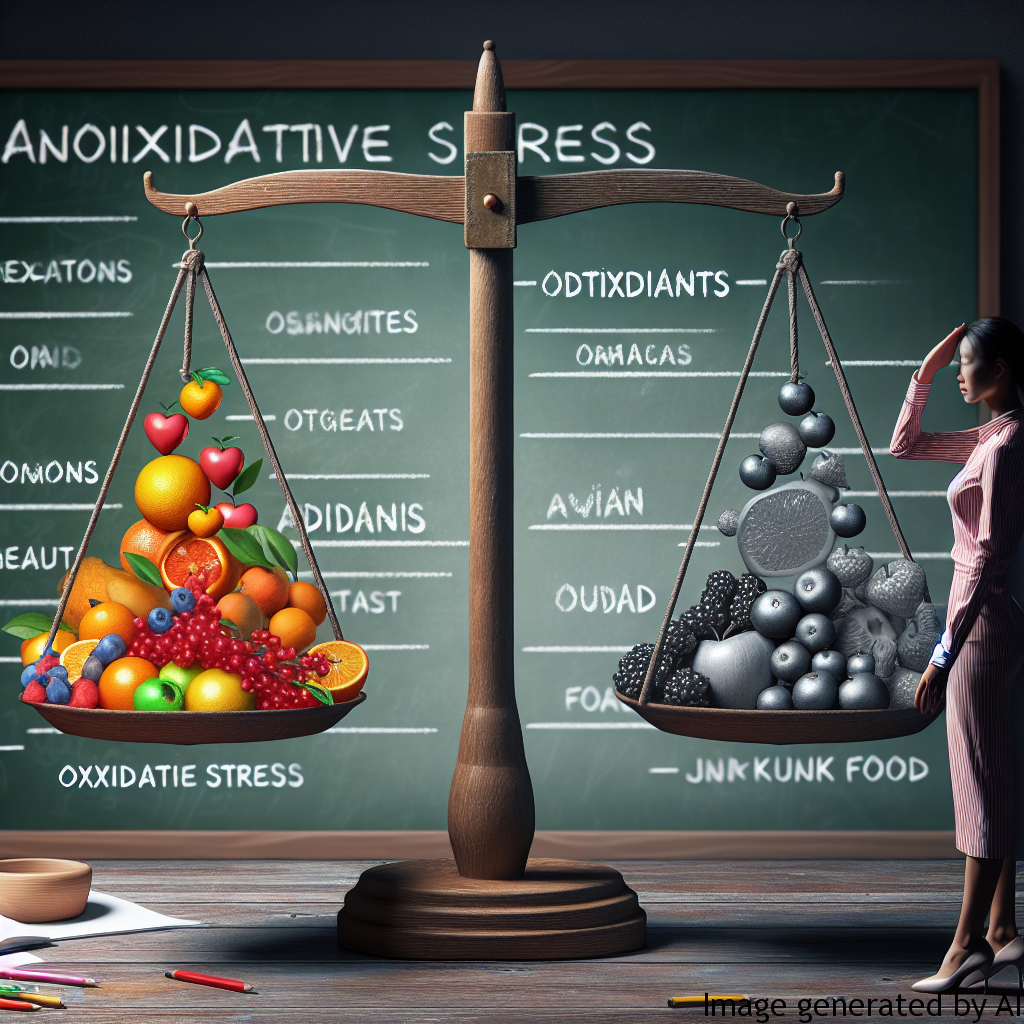Introduction
Antioxidants have several functions in human nutrition, and their propensity to battle damaging free radicals makes them crucial to our health. Antioxidants consist of vitamins, enzymes, and other nutrients that protect your cells from the effects of free radicals. Free radicals are molecules produced in our bodies via toxins or the process of burning food for energy. The production of these radicals could lead to cell damage which is linked with multiple issues such as aging and diseases including cancer and heart disease. Thus, the vital role of antioxidants is to neutralise these free radicals, which contributes to better health and well-being.
Identification and Classification of Antioxidants
Types of Antioxidants
Antioxidants vary substantially, and they include vitamins A, C, and E, selenium, and carotenoids. These are mostly obtained from fruits, vegetables, whole grains, nuts, and legumes. Furthermore, the body produces antioxidant enzymes: superoxide dismutase, catalase and glutathione peroxidase, which commence the neutralisation process of the free radicals.
The Role of Antioxidants
Regular consumption of antioxidants helps in the prevention of various diseases and health complications. The functionality of antioxidants includes protection against heart diseases and stroke, reduction of cancer risk, slow down the aging process, enhance immunity, and improve eye health.
Examples of the Role of Antioxidants in Daily Life
Various dietary regimens integrate the use of antioxidants in daily life. Like Mediterranean diet that involves high consumption of fruits, vegetables, whole grain, healthy fats and fish, rich in antioxidants, has been linked with lower risk of heart diseases and longer life expectancy. Consumption of berries, rich in antioxidants, has shown positive effects in slowing down brain aging and enhancing memory. Regular consumption of antioxidant-rich fruits and vegetables may also protect against developing cancer, particularly colon, lung, breast, and prostate cancers.
Recommendations for Antioxidants Consumption
Diet is the safest way to increase antioxidant levels in the body. It’s recommended to diversify one’s diet to include a variety of fruits and vegetables, nuts, seeds, whole grains and fish. One should also limit consumption of processed foods, as they are low in antioxidants and high in damaging free radicals. Supplementation, though available, should be approached with caution. They can interact with certain medications, and excessive doses may have harmful effects.
Conclusion
Antioxidants play a crucial role in maintaining our health by repairing damaged molecules, limiting the production of free radicals, and preventing some of the damage free radicals otherwise might cause. Although more research is needed to fully understand the precise role of antioxidants in the prevention of diseases, a diet rich in antioxidants could provide numerous health benefits. Thus, incorporating antioxidant-rich foods in the daily diet can contribute significantly to enhanced health and disease prevention.

